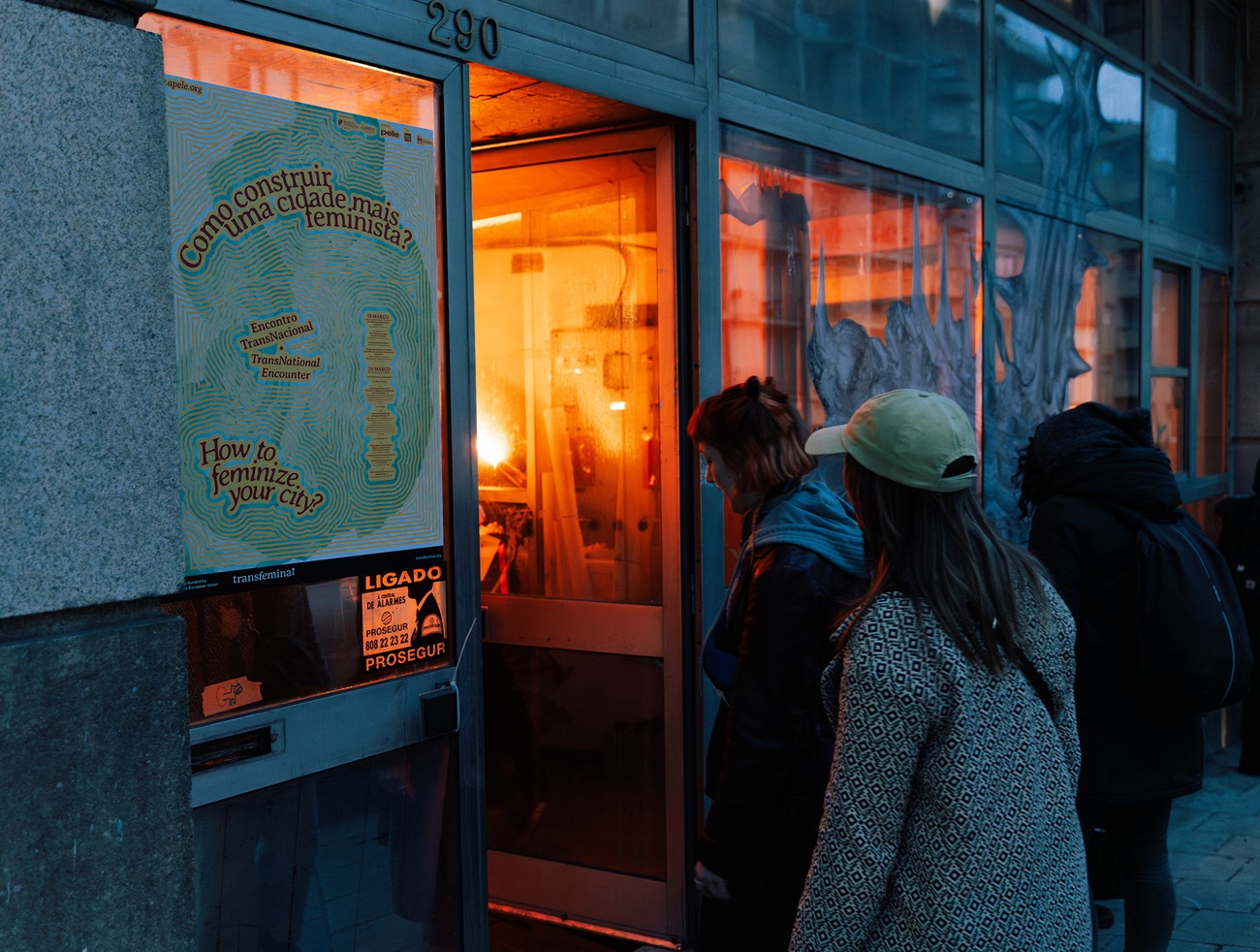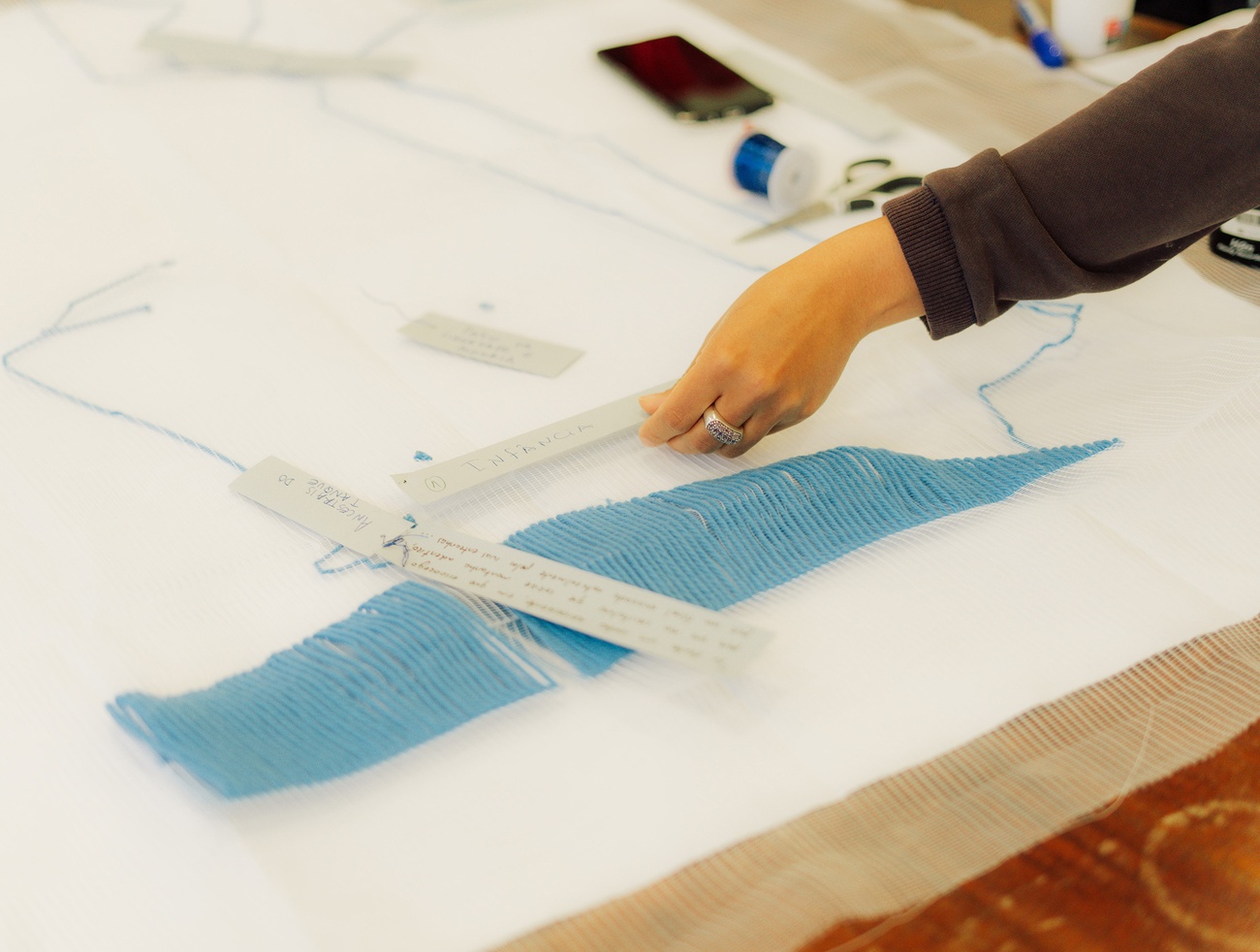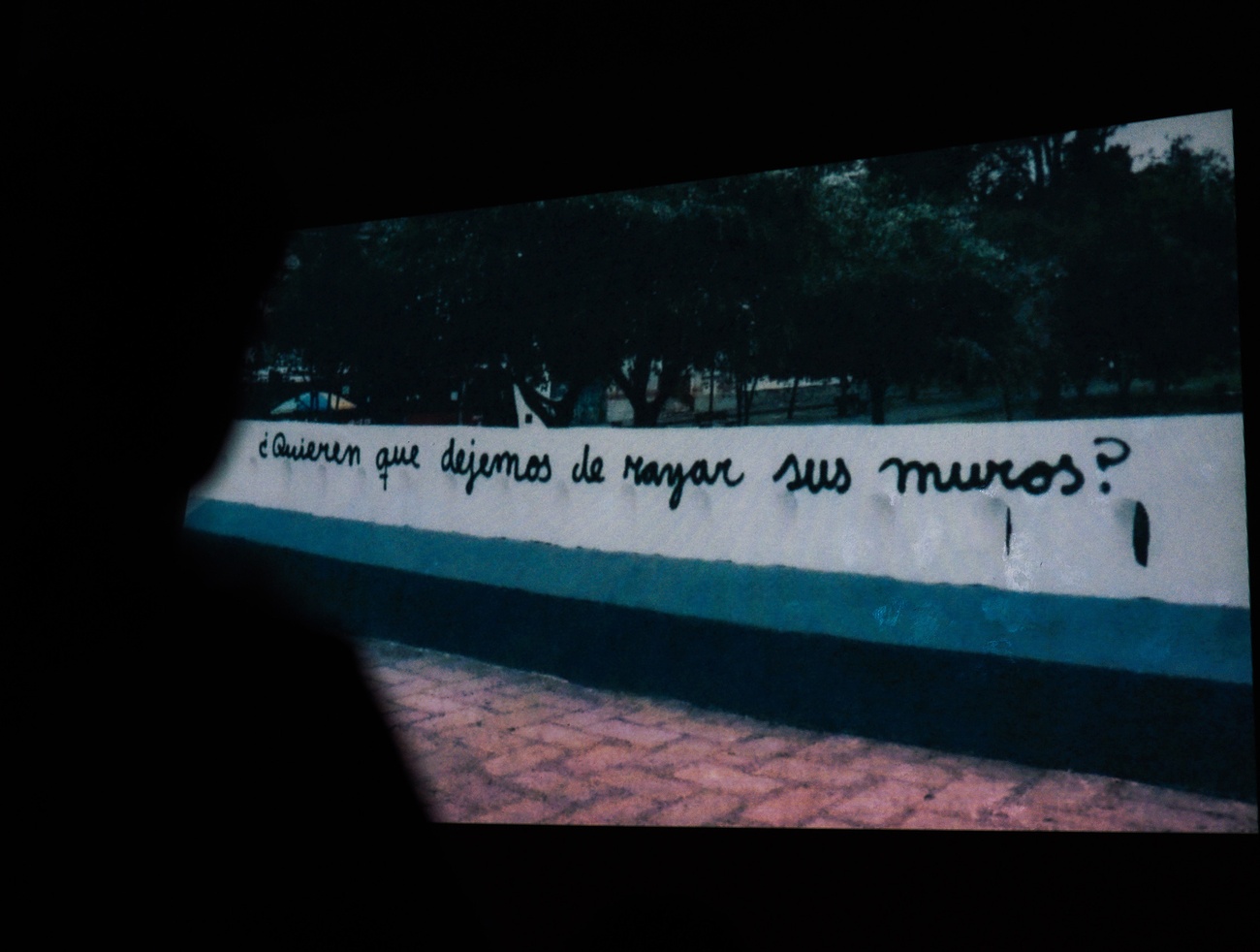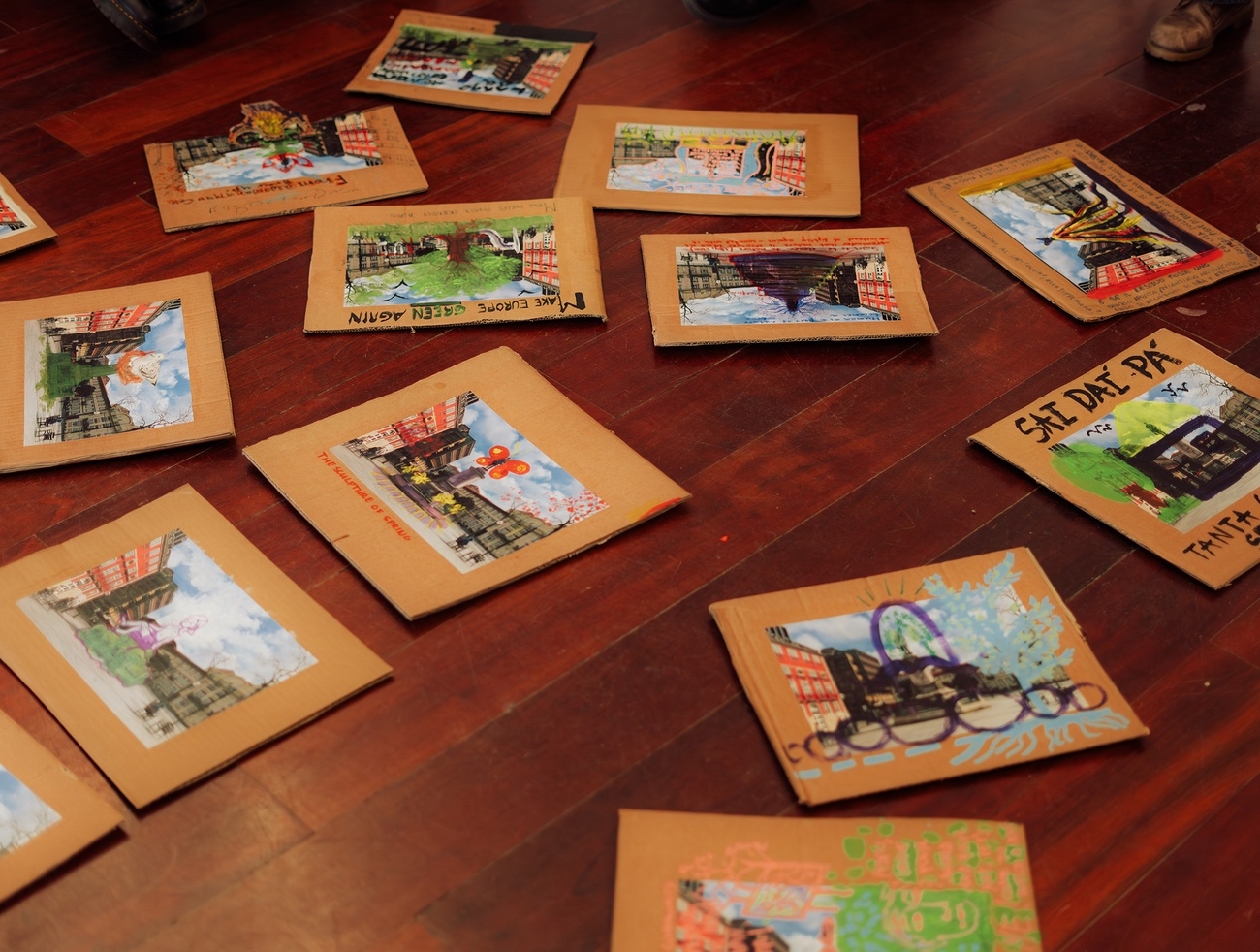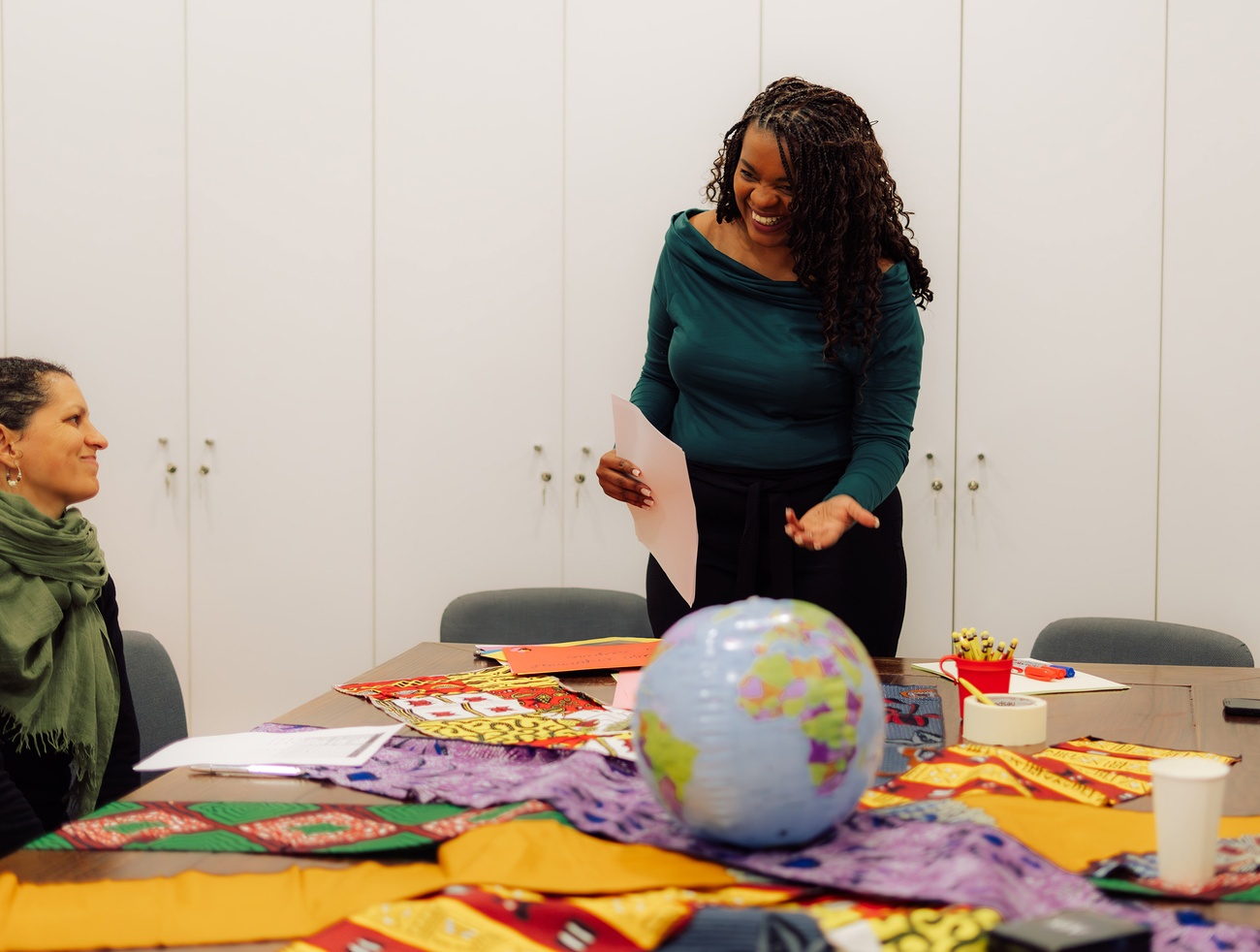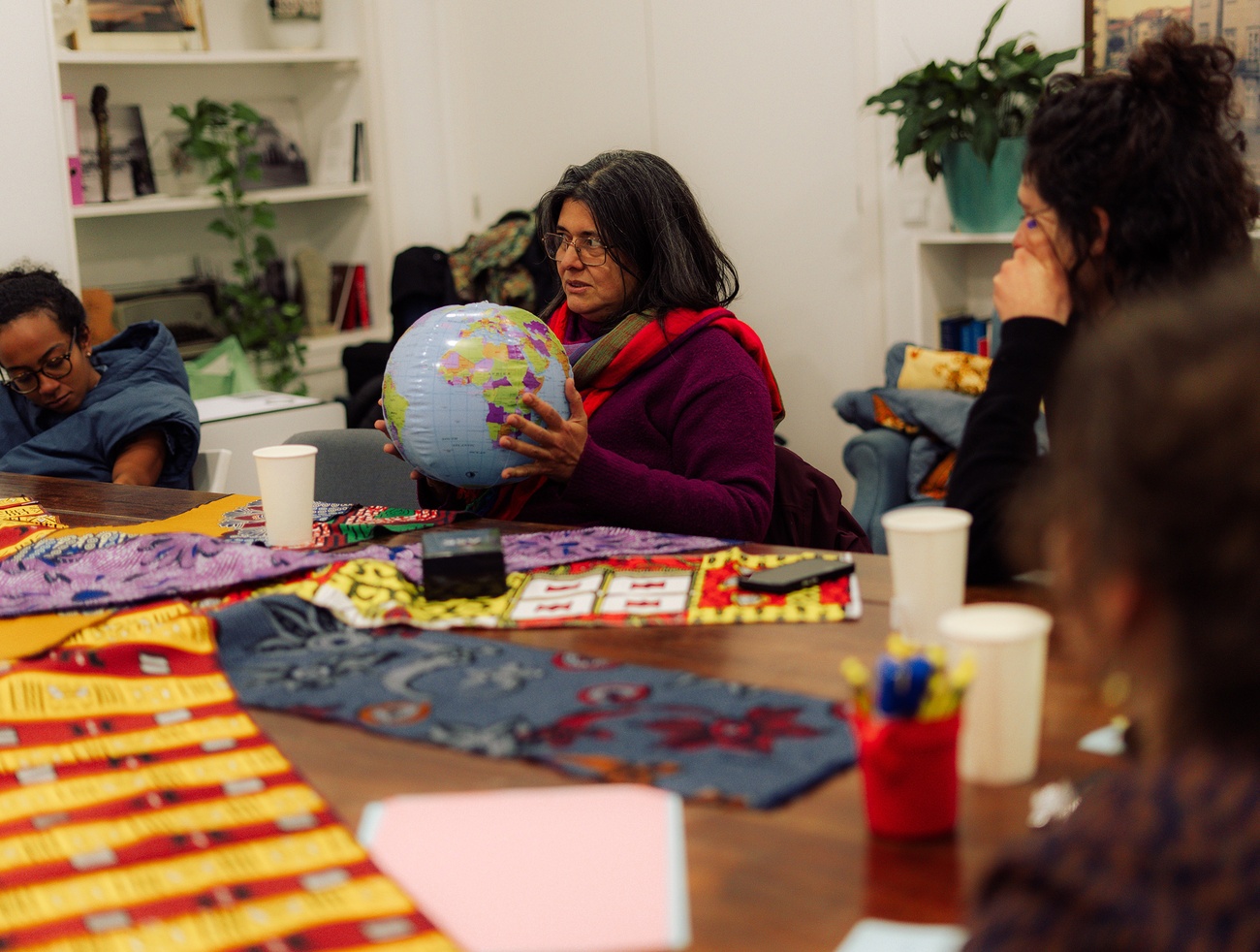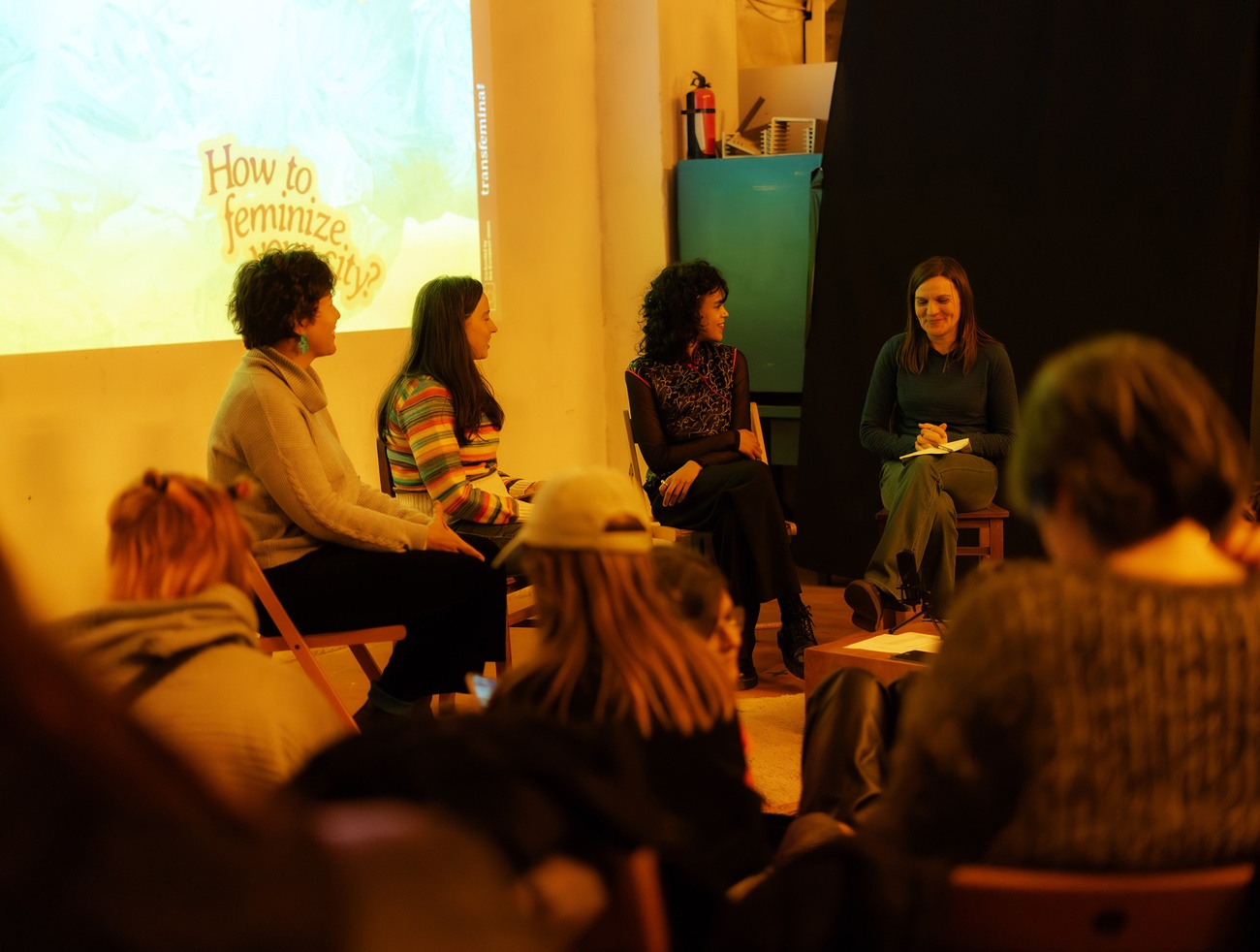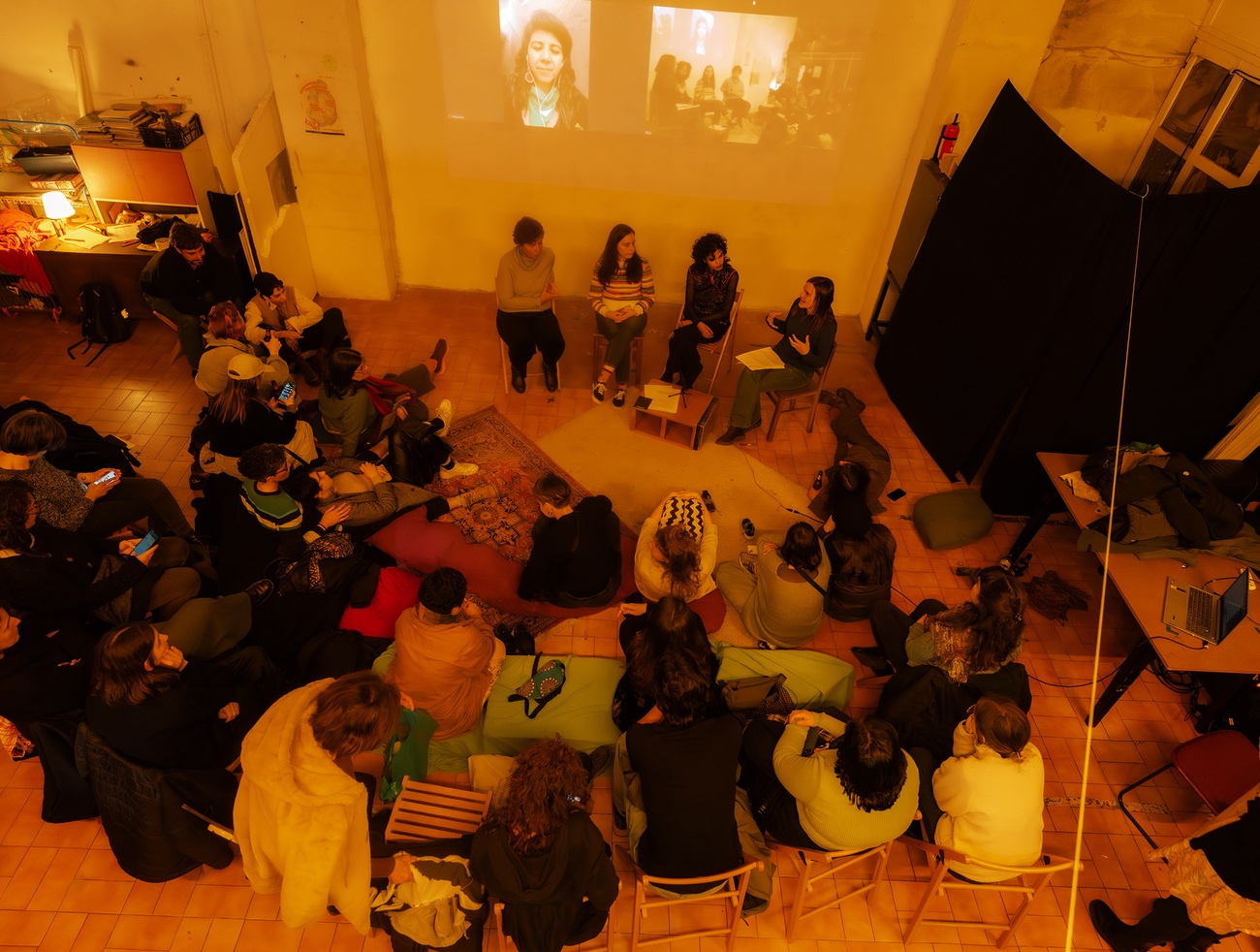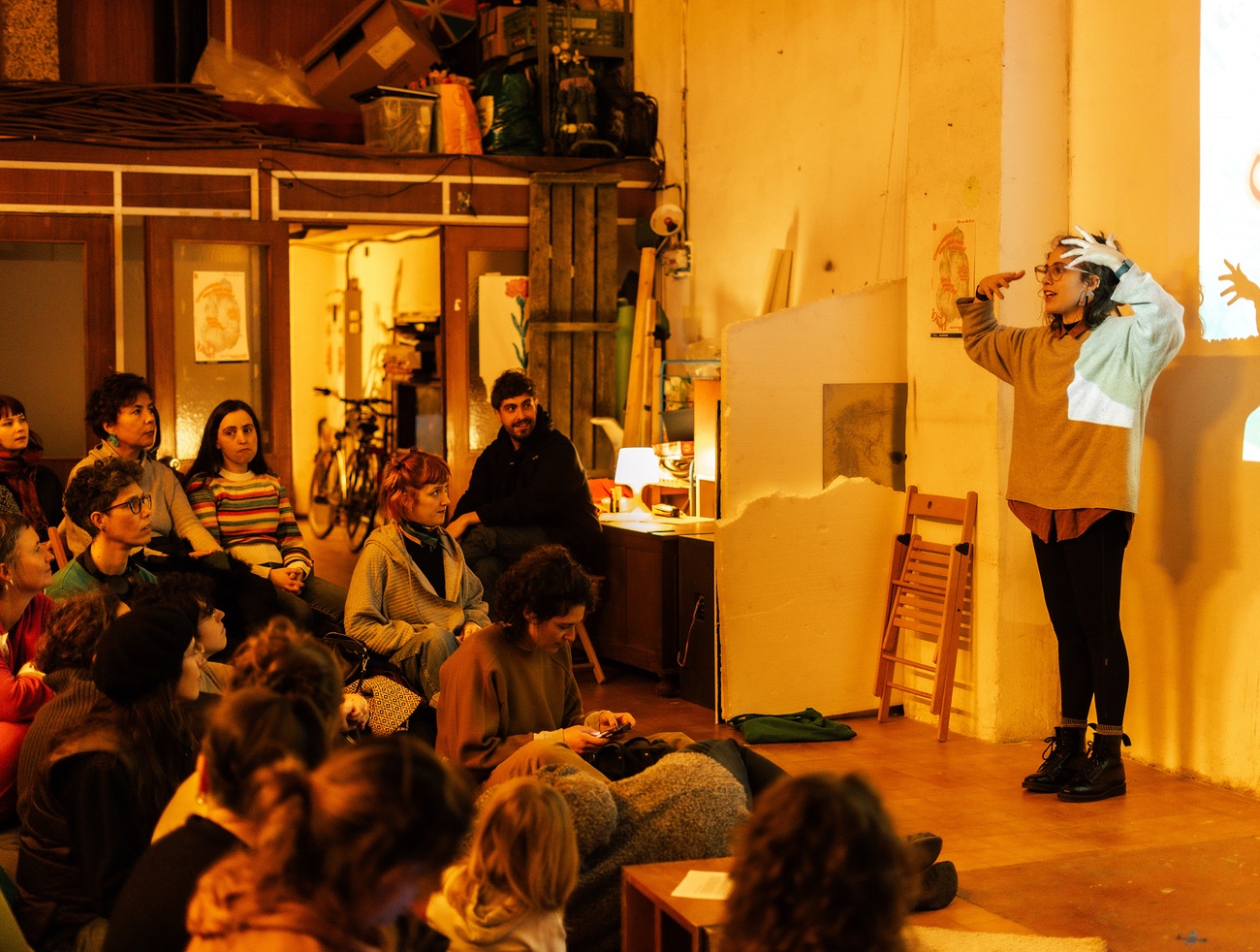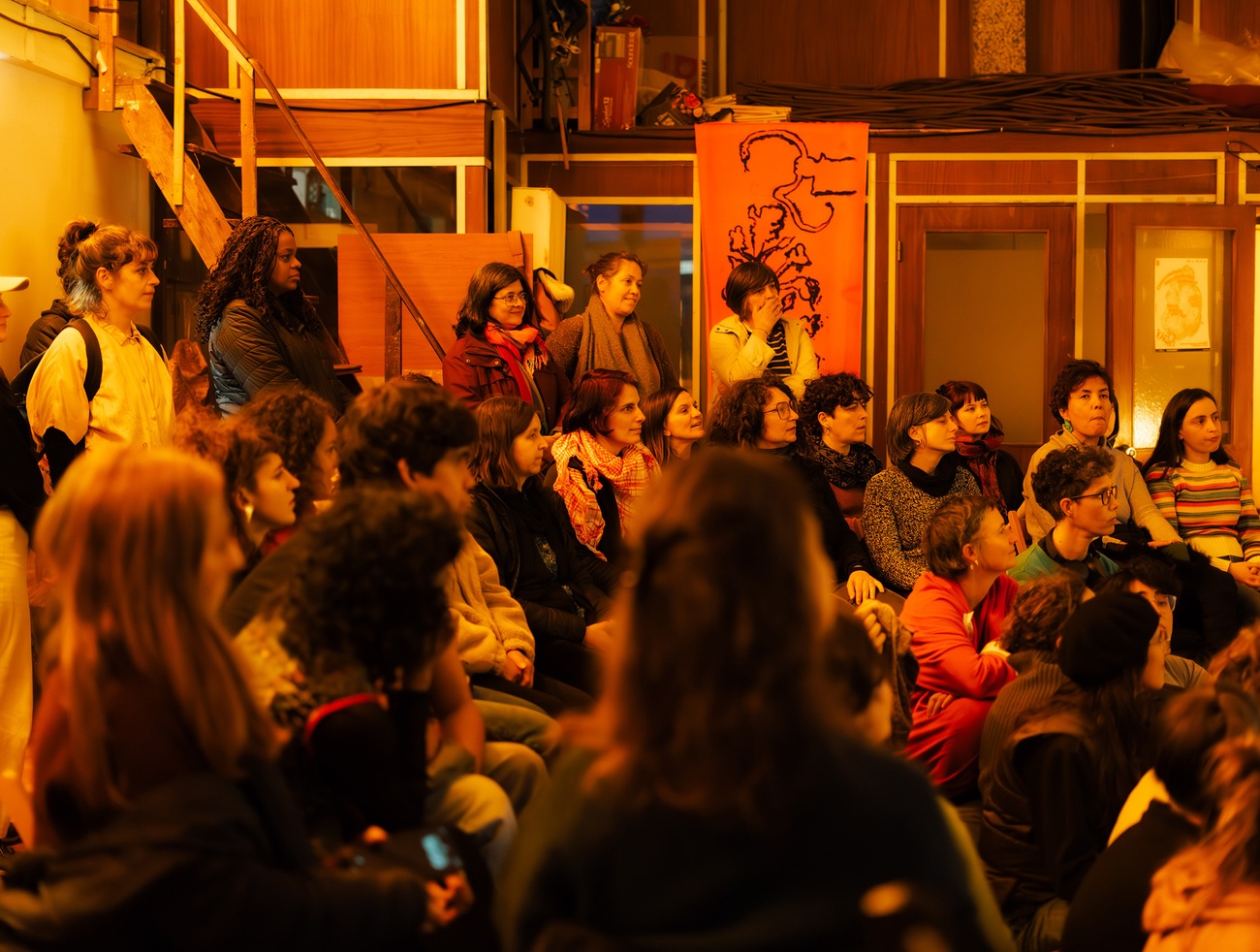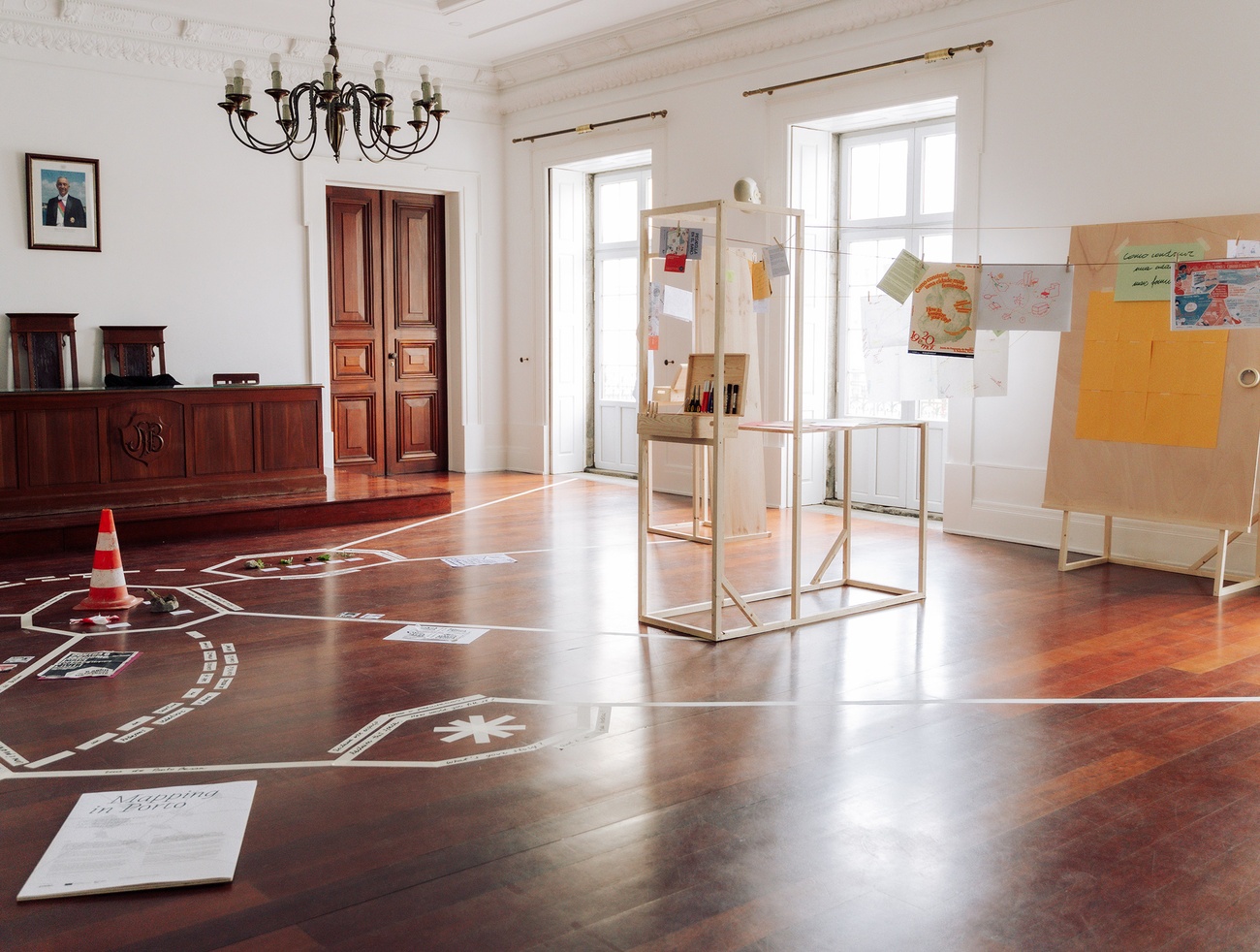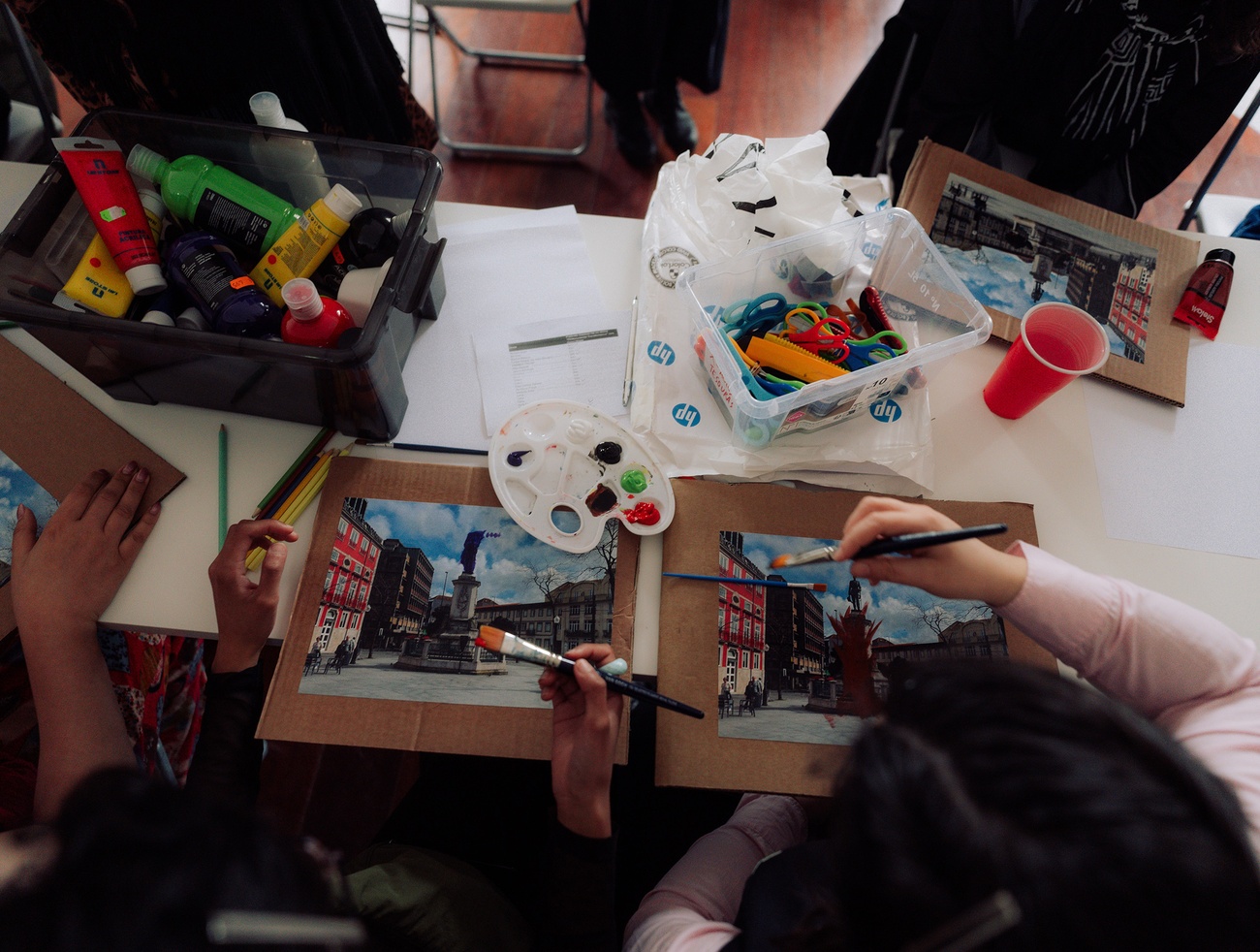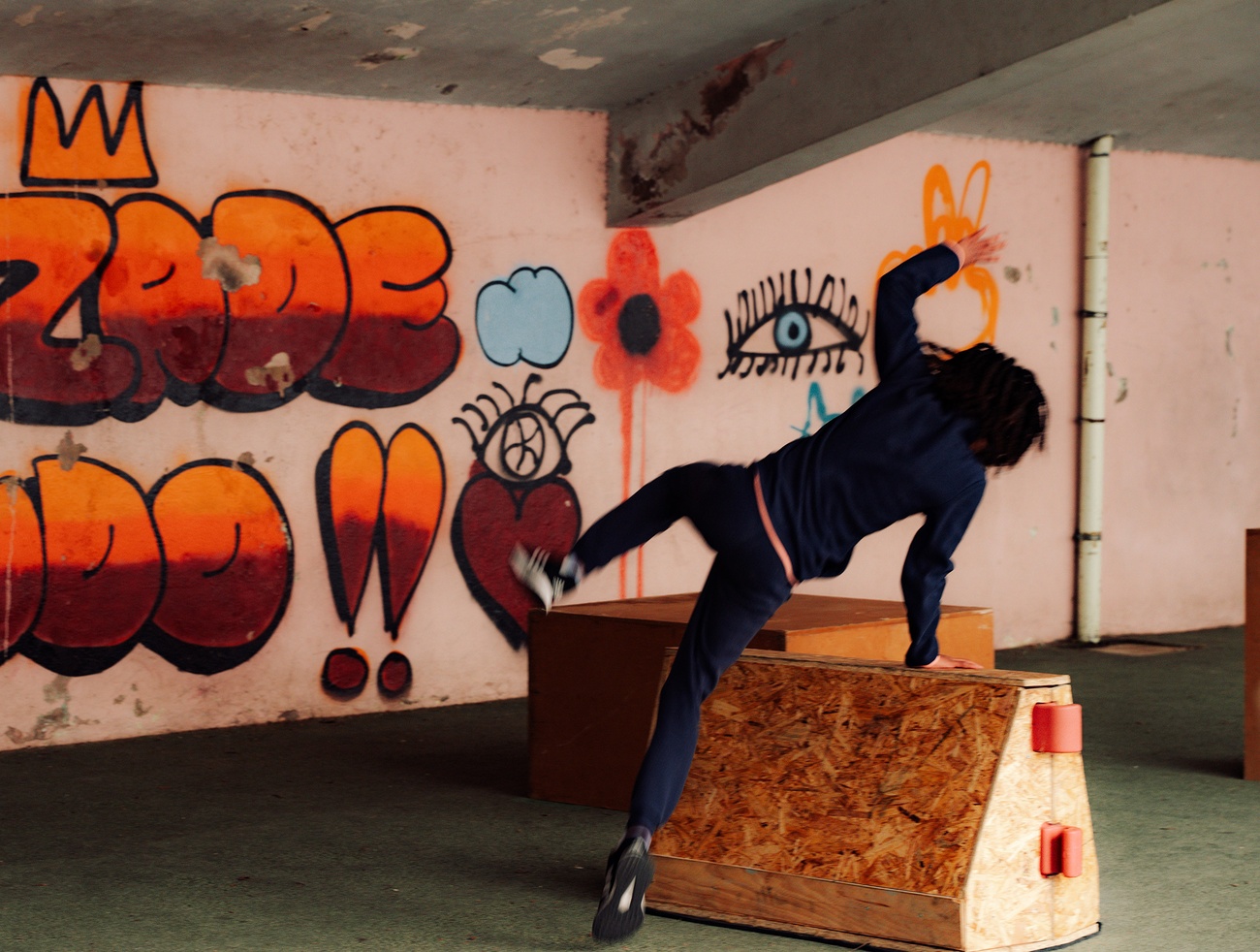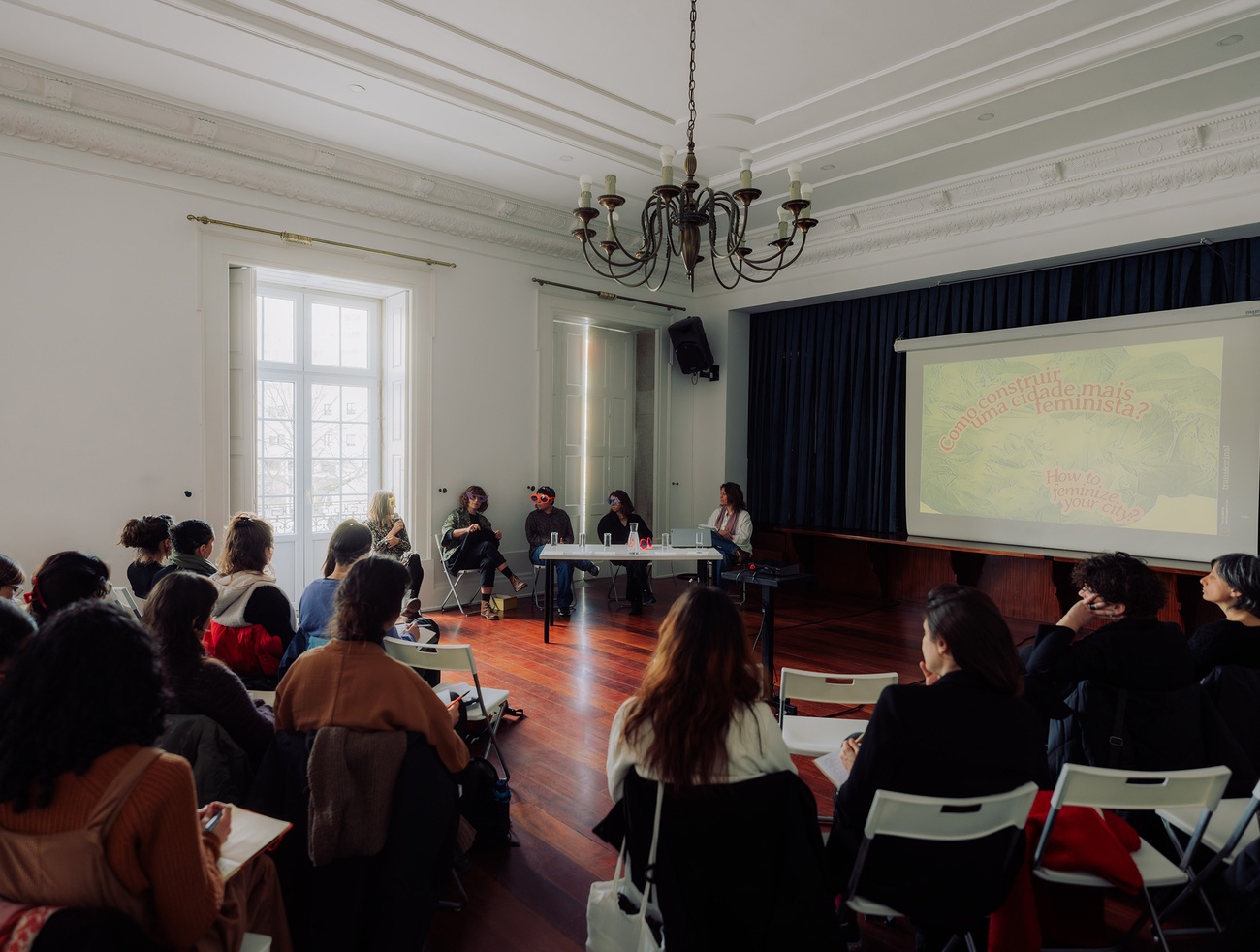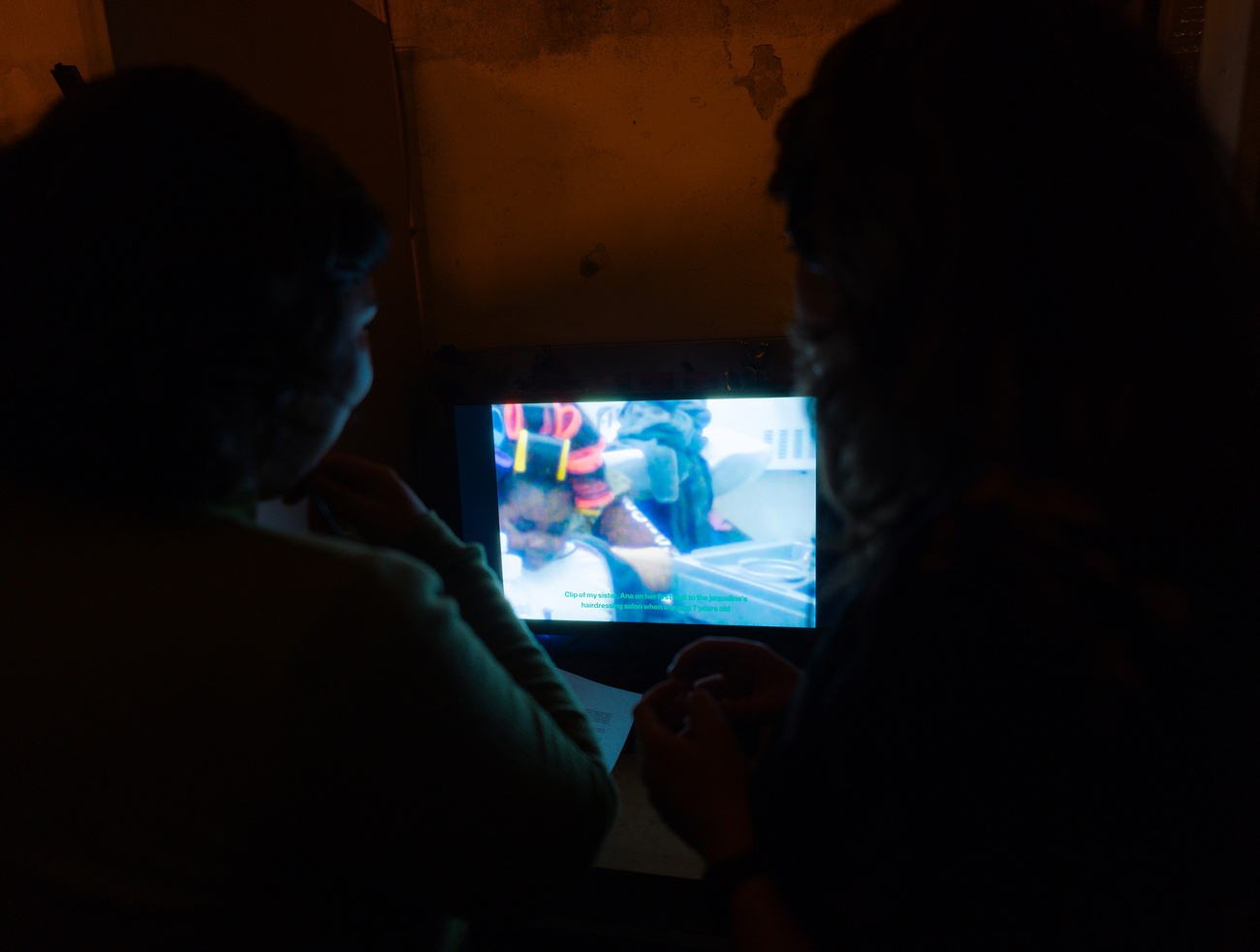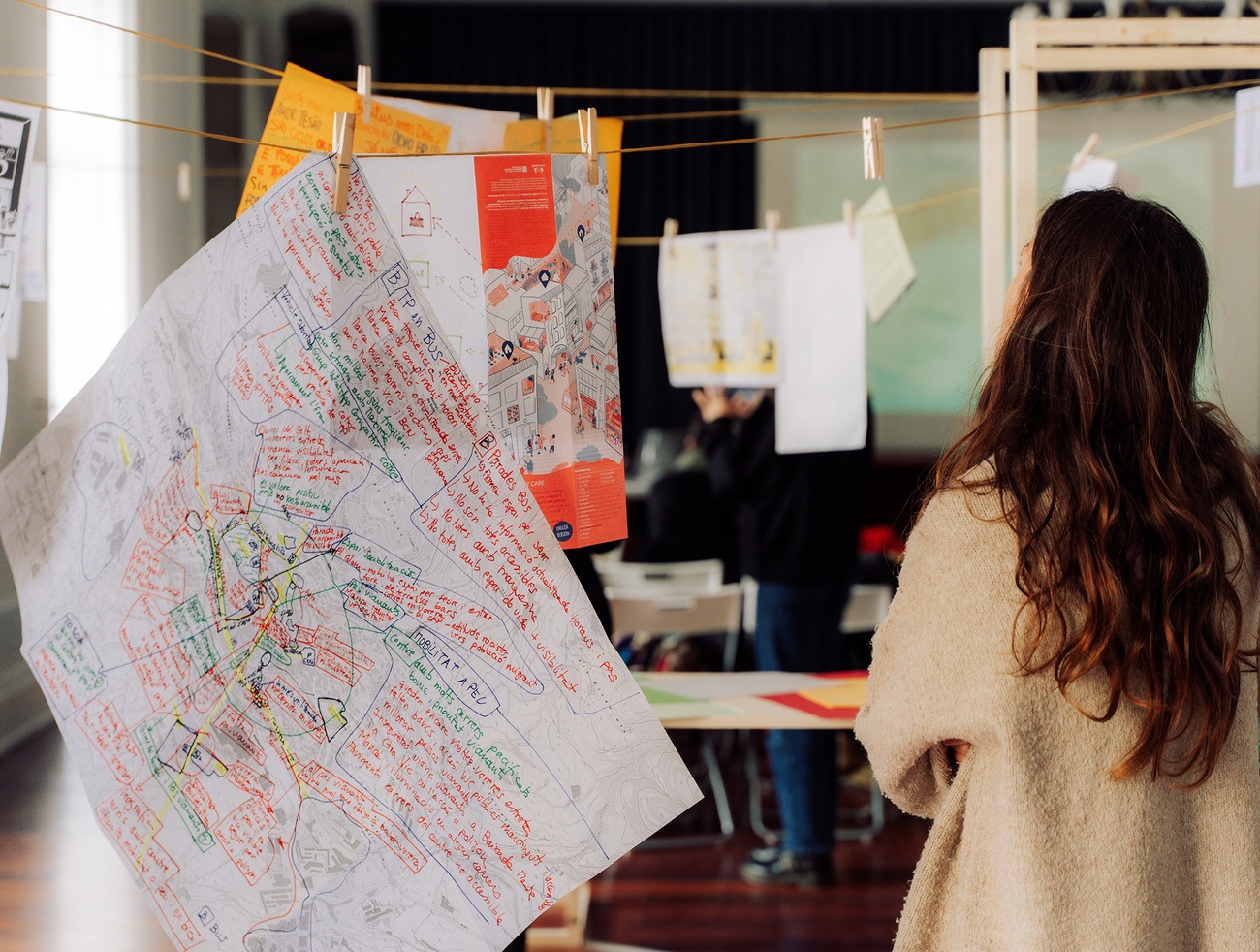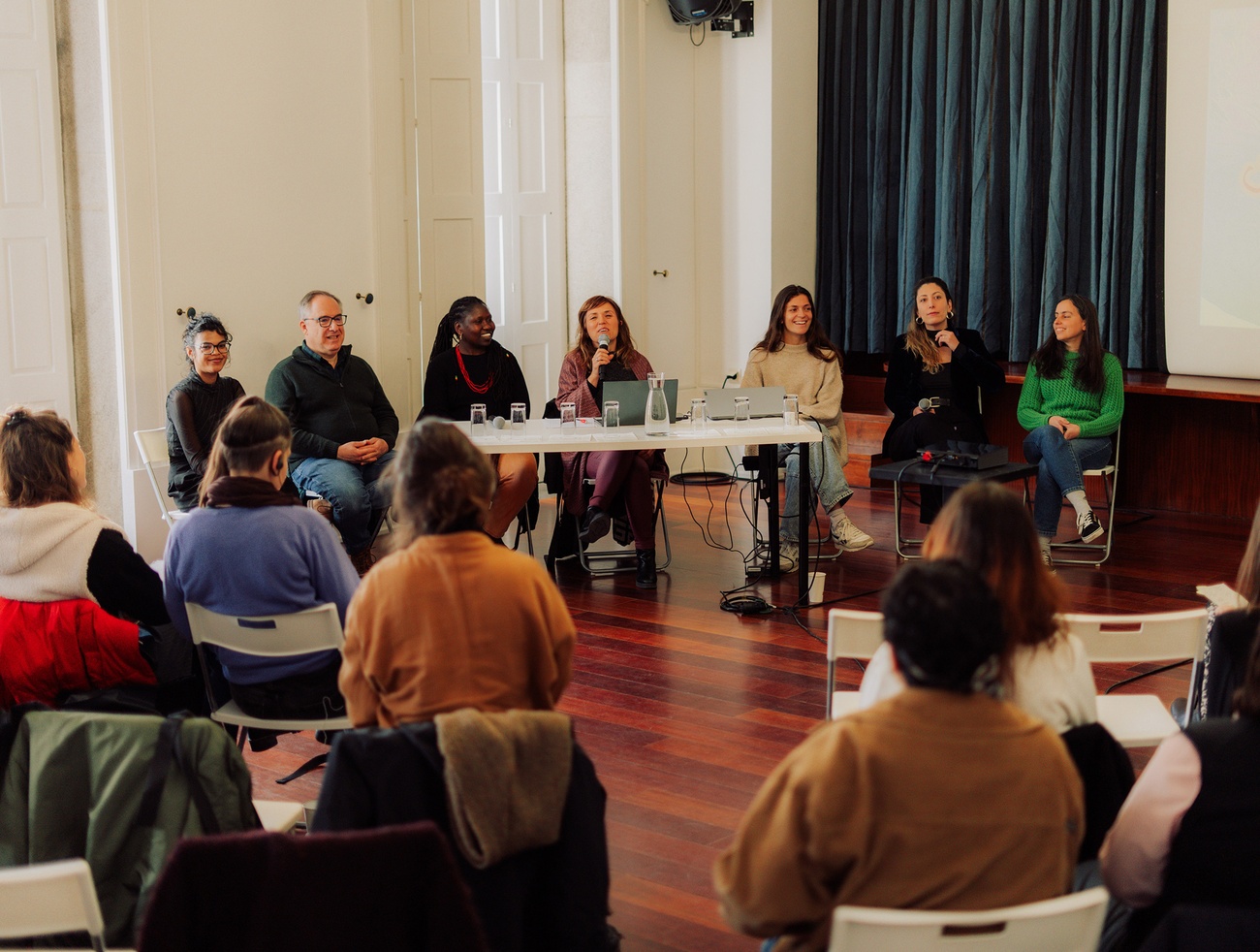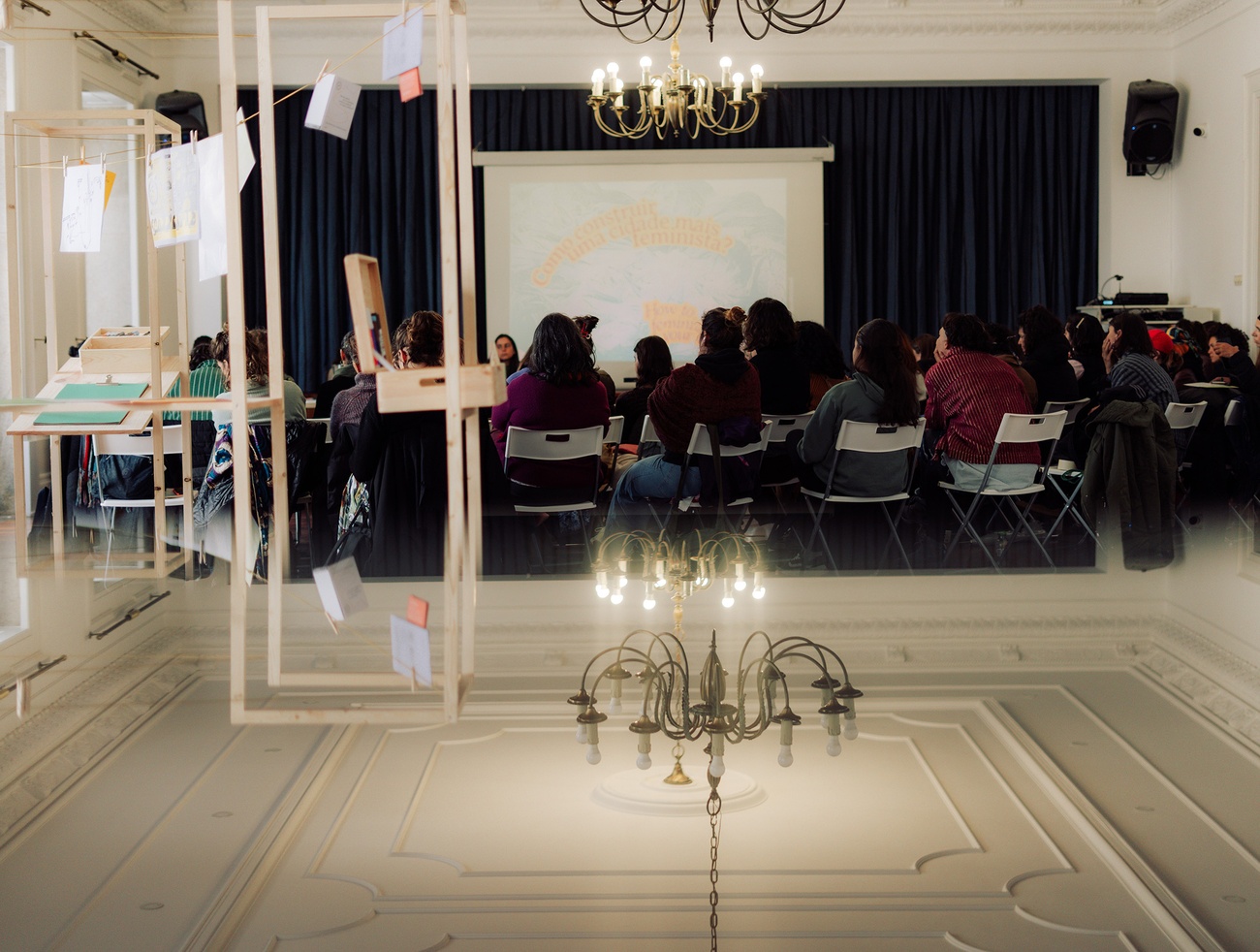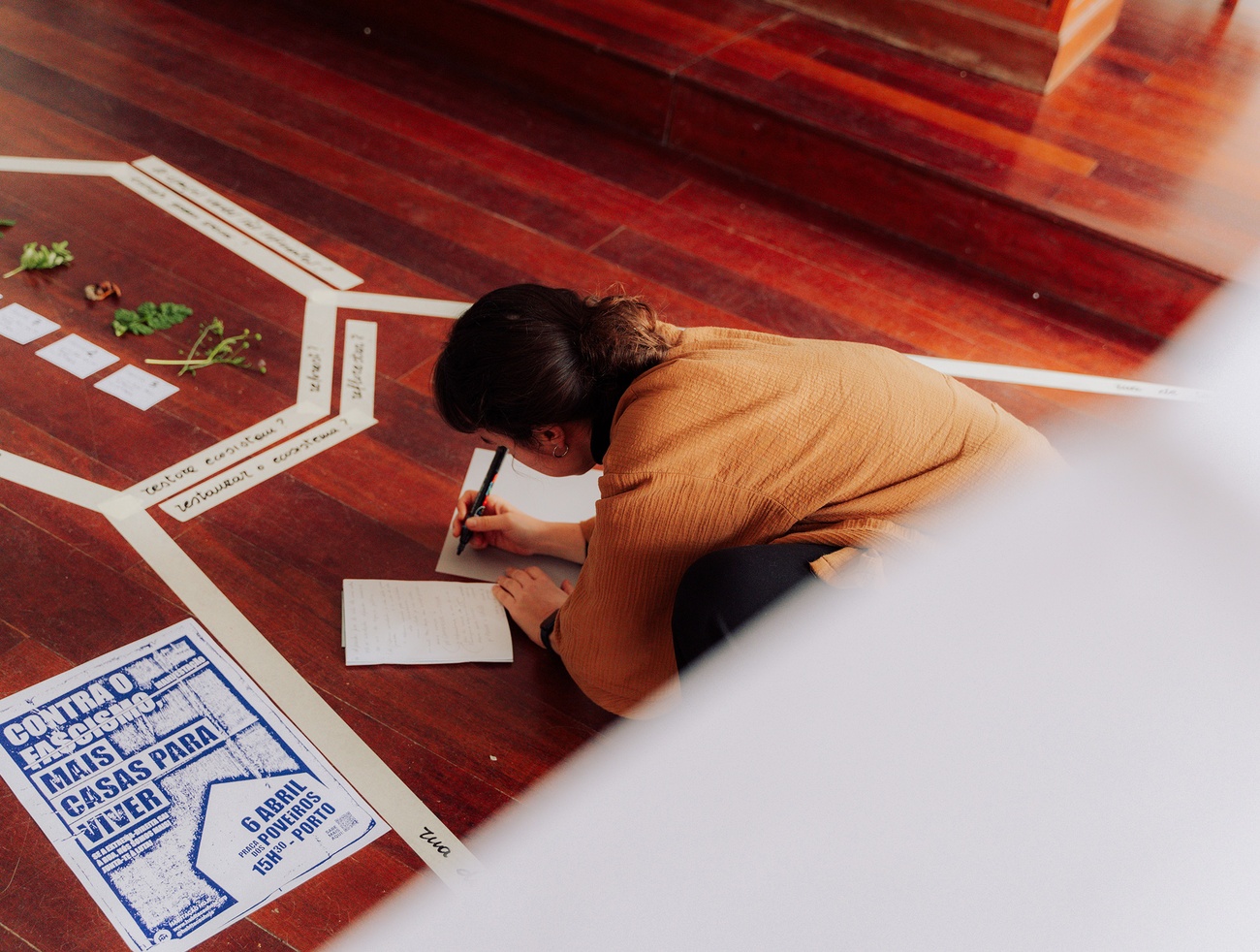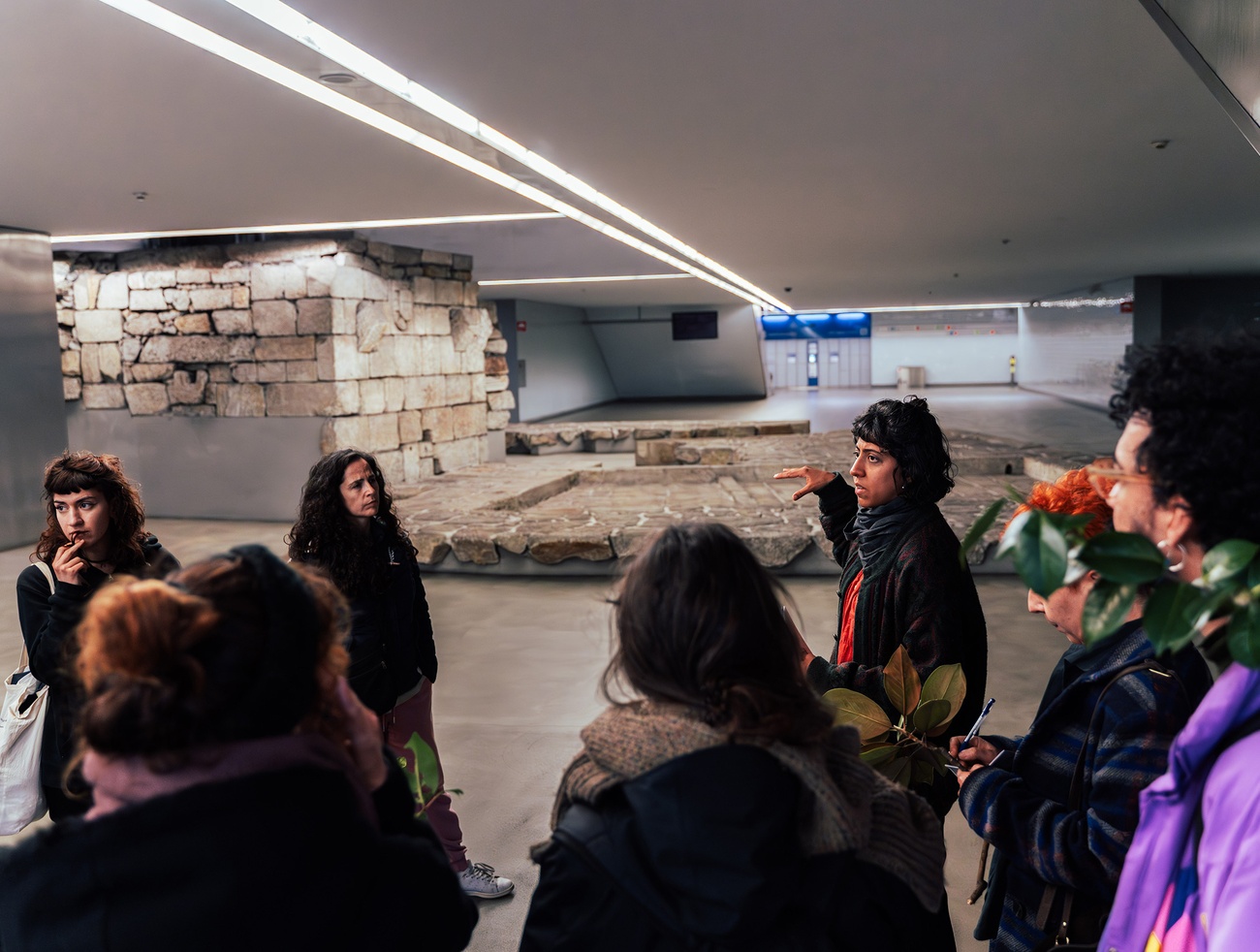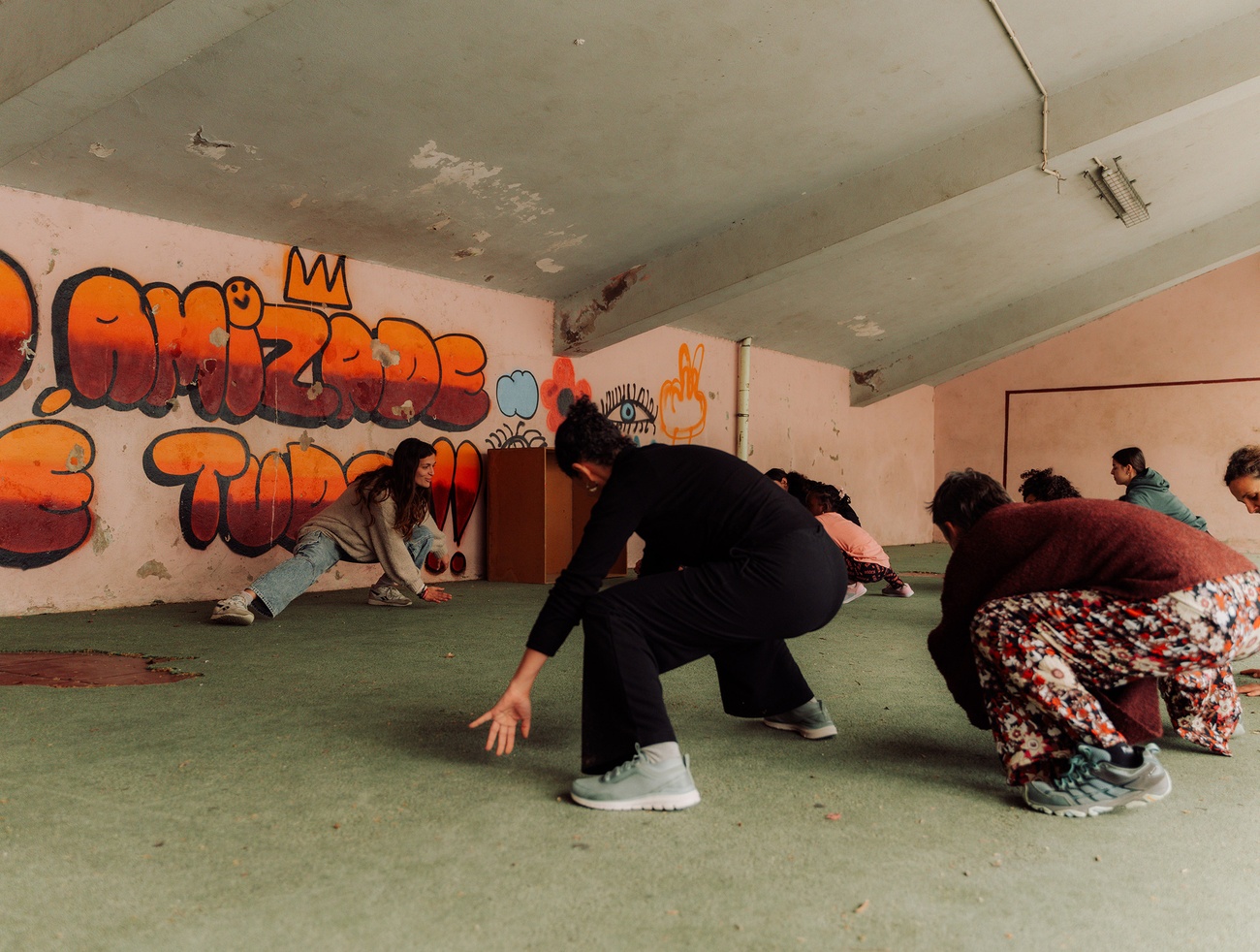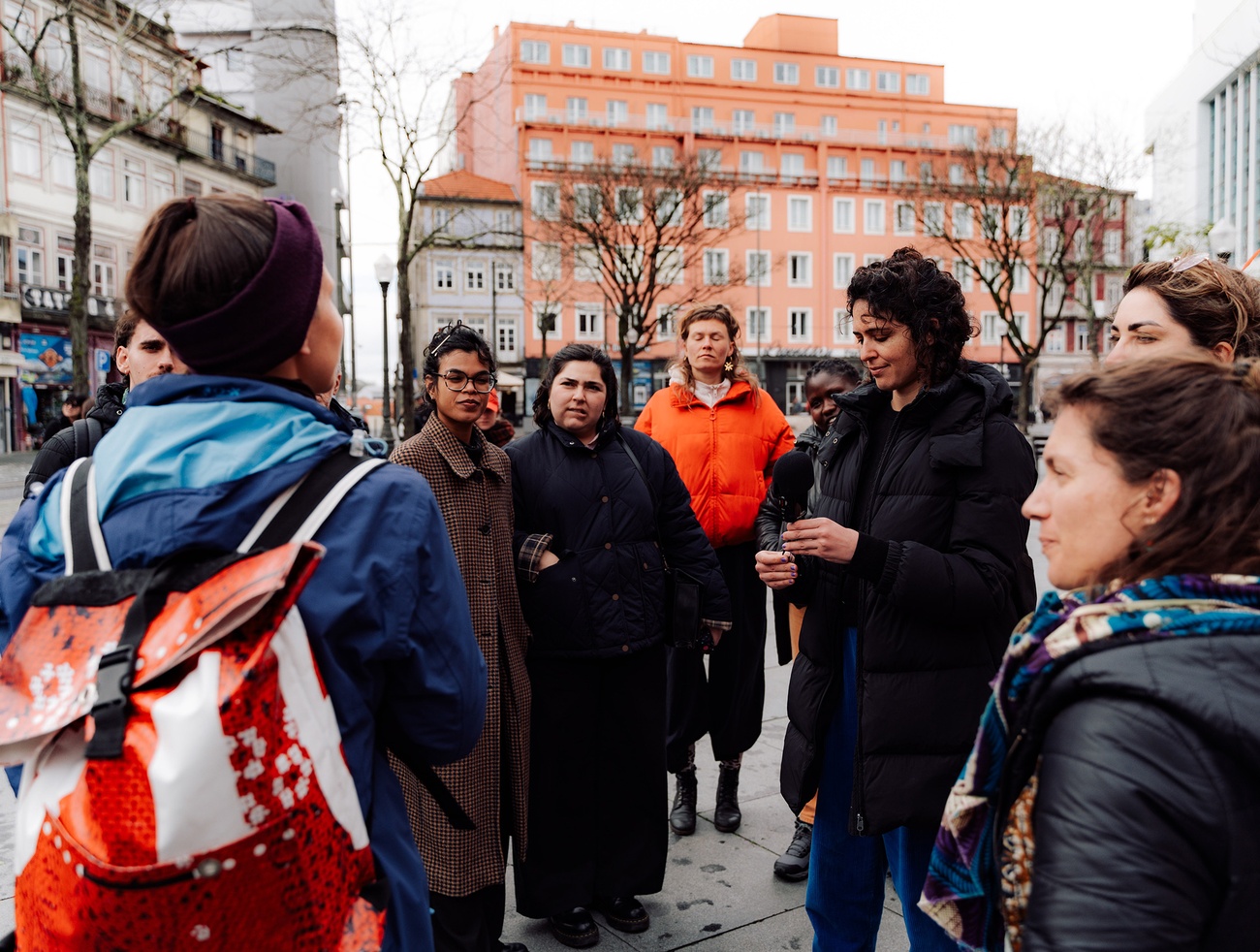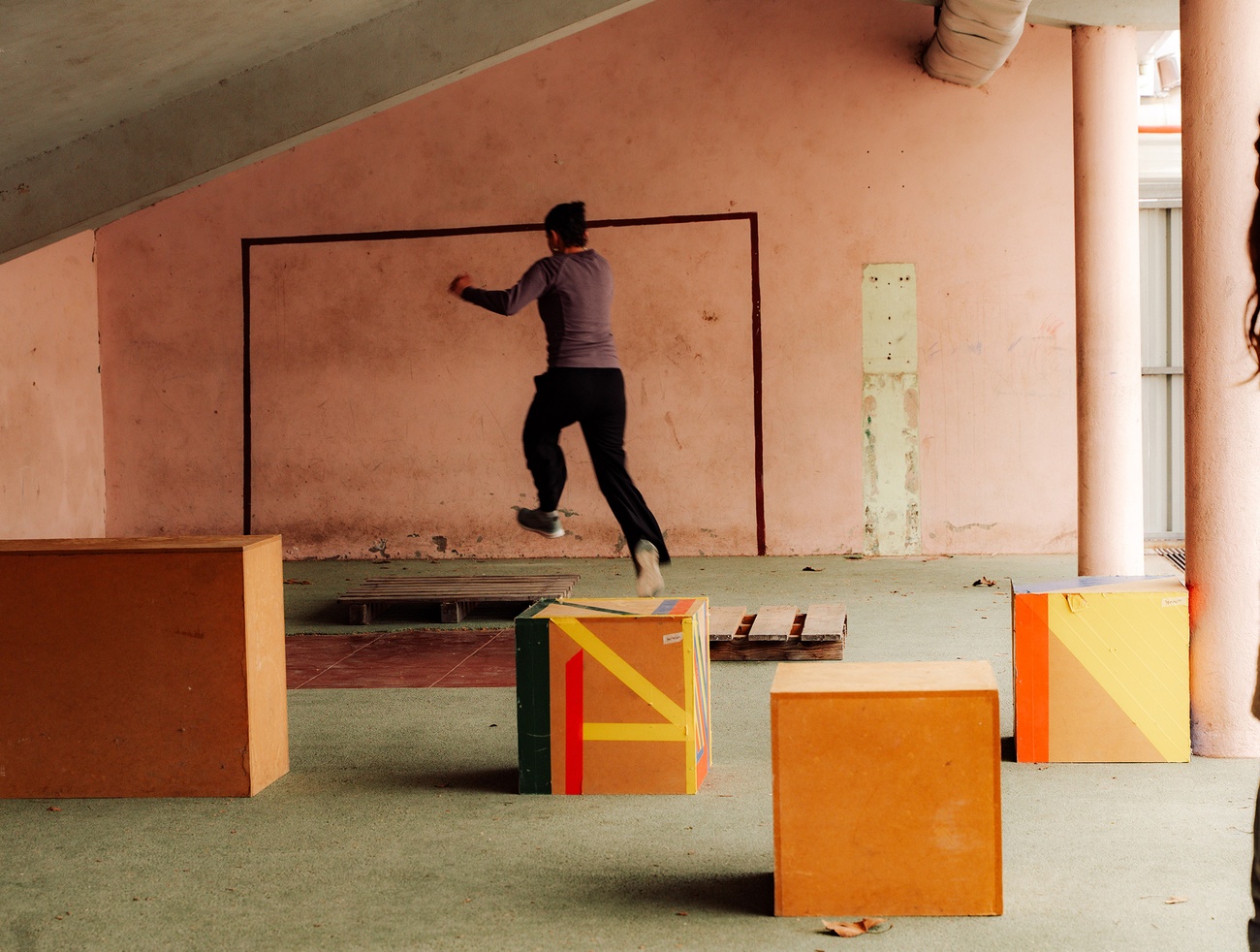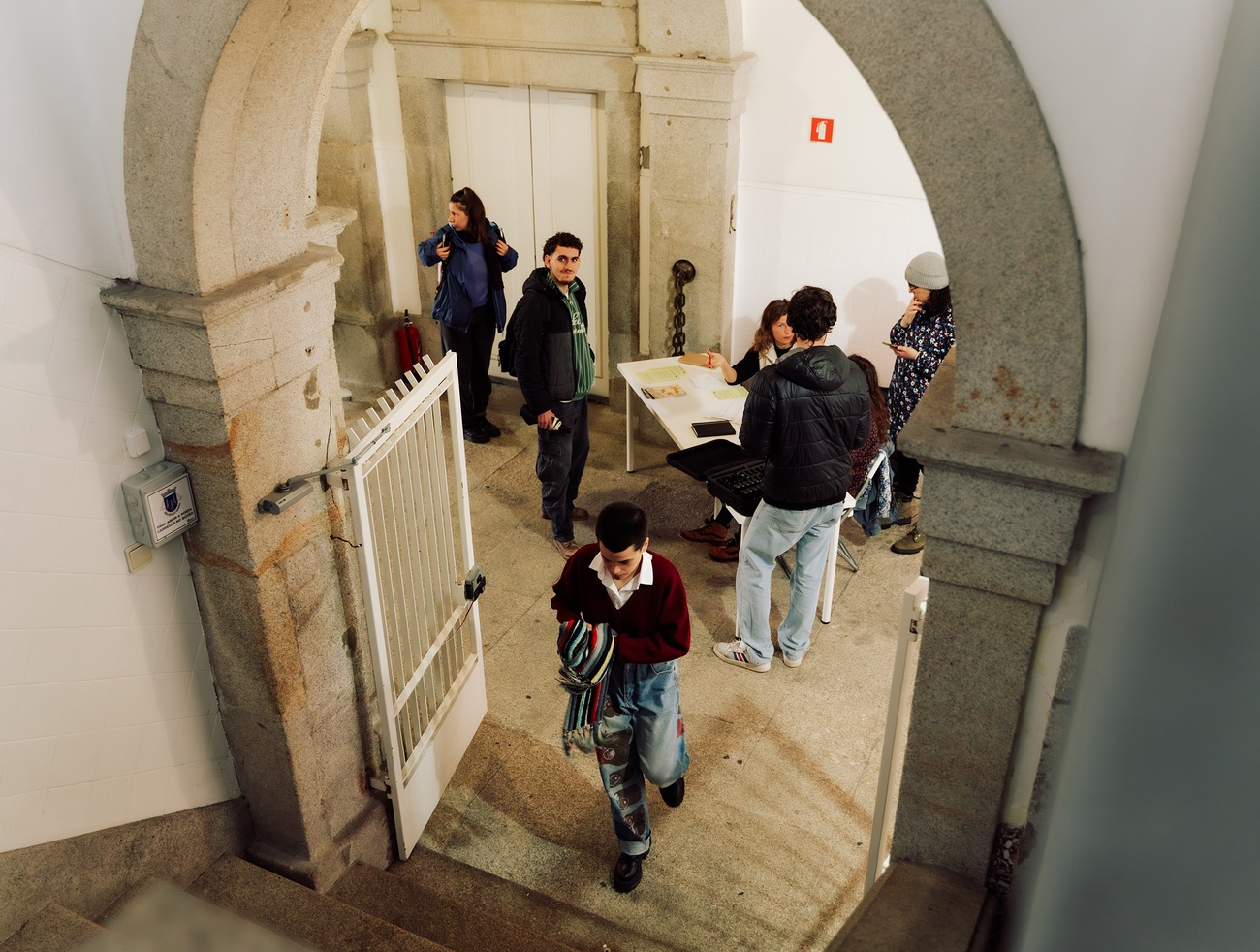How to build more feminist cities?
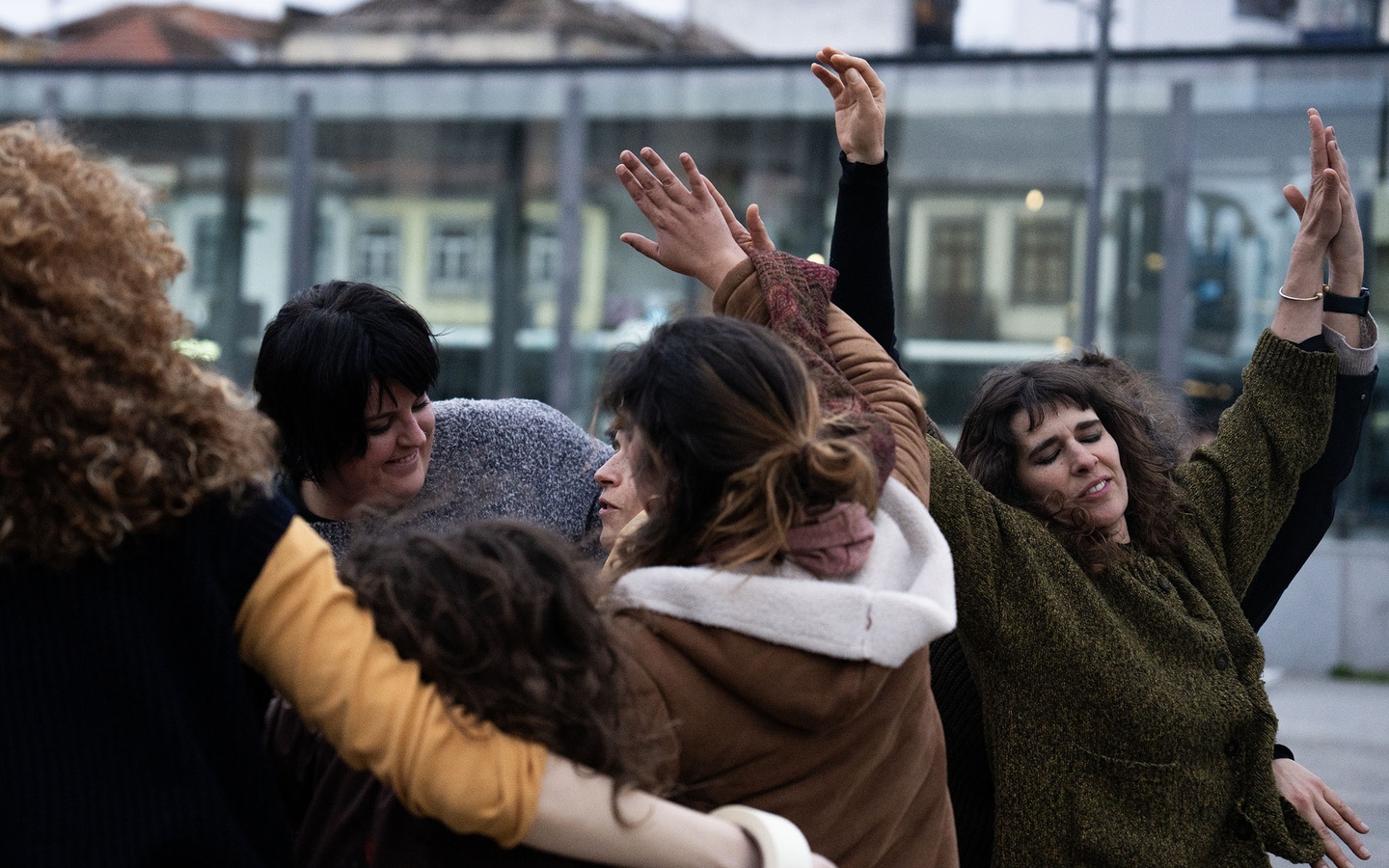
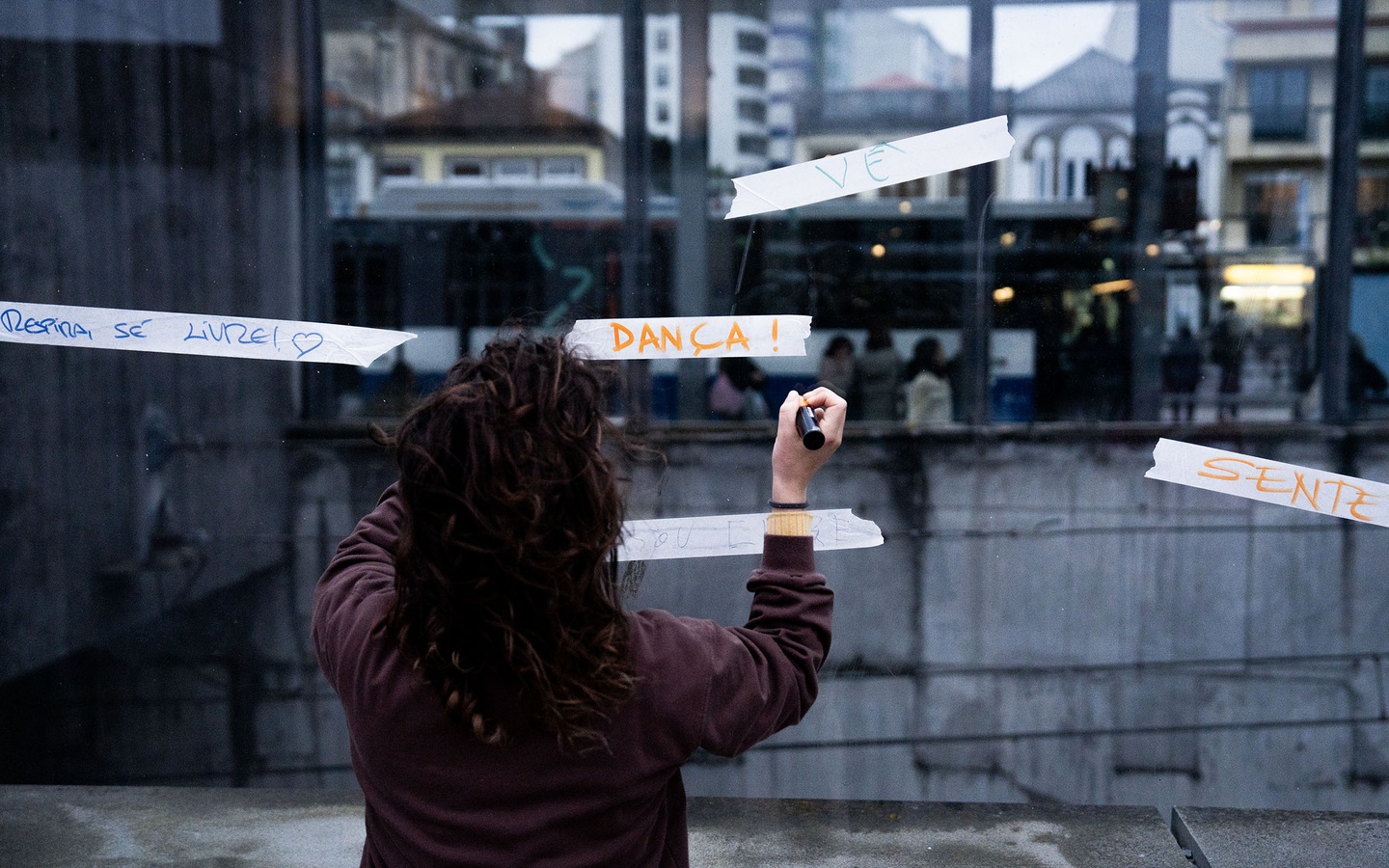
On March 19th and 20th, 2025, TransFemina hosted its 2nd TransNational Meeting in Porto, Portugal, with talks, installations, workshops and exploratory tours of the city. With a program designed mainly from the 121 proposals submitted to the Open Call “How to Feminize your City?”, this was a space for sharing, reflecting and discussing inspiring experiences and ideas.
The project’s consortium, PELE (Porto), Collettivo Amigdala (Modena), and Col·lectiu Punt 6 (Barcelona), brought together their perspectives and experiences on how to foster spaces for more feminist urban spaces and communities. The different projects brought to the Encounter emphasised the need for collective efforts and actions to address pressing social issues, from gender inequality to the effects of urban transformation on marginalised communities. This collaborative spirit showcased how communities can work together to reclaim public spaces and create environments where everyone, regardless of gender or background, can thrive.
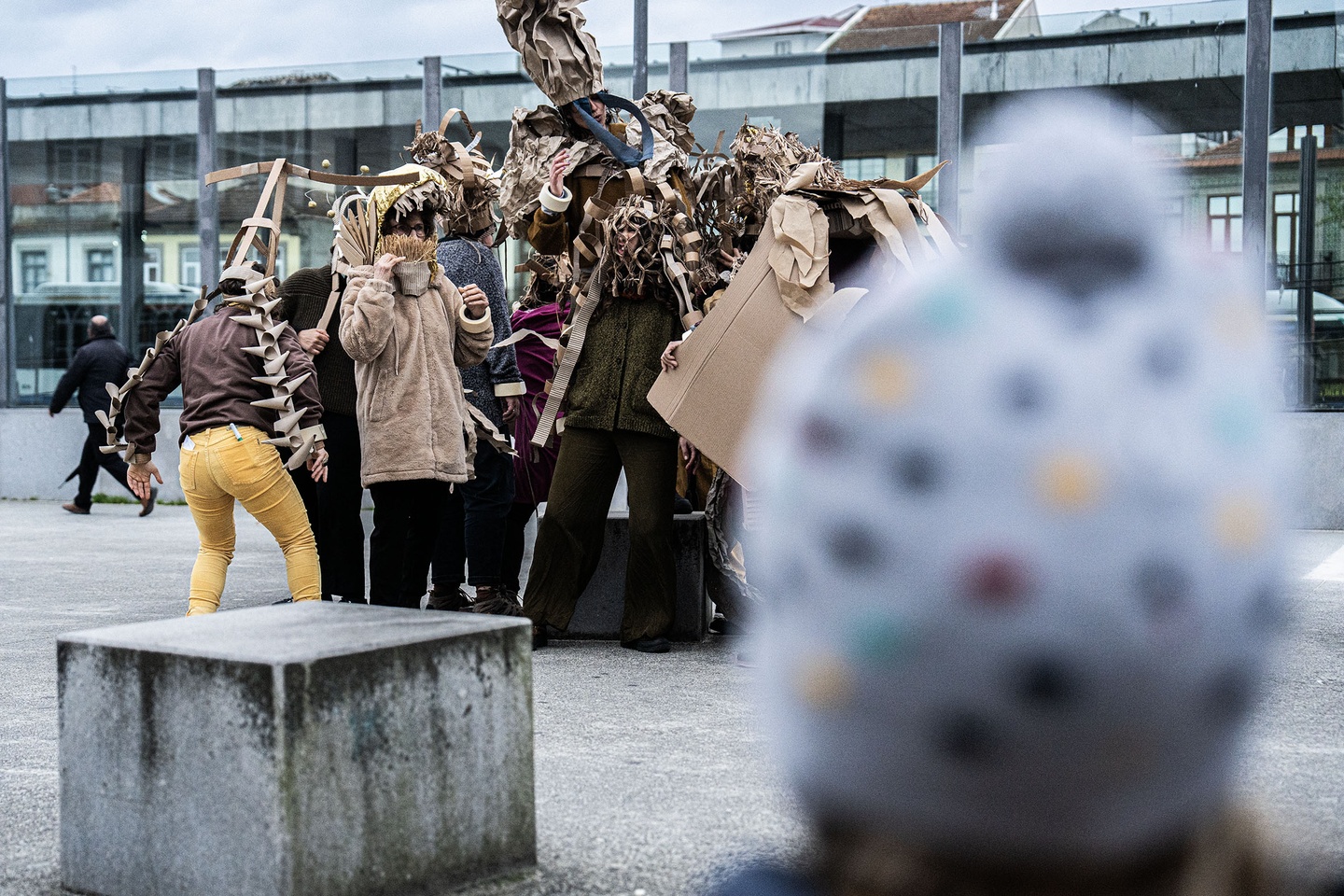
The public Encounter featured installations and a performance that encouraged attendees to reflect on the role and presence of women in public spaces. Paola Espinoza’s "From where a name becomes memory", a video installation reflecting on gender-based violence in Cuenca, Ecuador, and Paula Sitka’s “Si las paredes hablasen [If Walls could Talk]”, a photographic exploration of Afro hairdressing salons in Madrid as spaces of resistance and community, engaged the audience with themes of memory, identity, and the often-invisible narratives that shape our understanding of urban spaces. The documentary “Vozes Silenciadas: Ser Mulher e Envelhecer no Centro Turístico de Lisboa”, by Sara Larrabure, Ana Estevens, Fabiana Pavel and Adélia Veronica Silva, approached the challenges around community ties, mobility restrictions, and limited access to public spaces and essential services by older women in a rapidly gentrified city like Lisbon.
"Mijavelhas às Fontainhas: Reproductive Work and Common Territory", the workshop by Clara Sefair, proposed an exploratory work around the city that sparked reflection and discussion on the story of women’s insurgencies, resistances and stories with water as a common thing. Workshops like "FEMonumental Transformance" by Conni Holzer and “Quebrando as Barreiras com Parkour [Breaking Barriers with Parkour]” by Sara Serôdio allowed attendees to engage with physical and creative practices that challenge patriarchal structures and promote empowerment through movement and artistic expression, allowing participants to engage actively in reimagining public space.
With support from the Institute of Sociology of the University of Porto and the Parish Council of Bonfim, the TransFemina Encounter focused on creating dialogue around the intersectional challenges in the public space.
 Menu
Menu